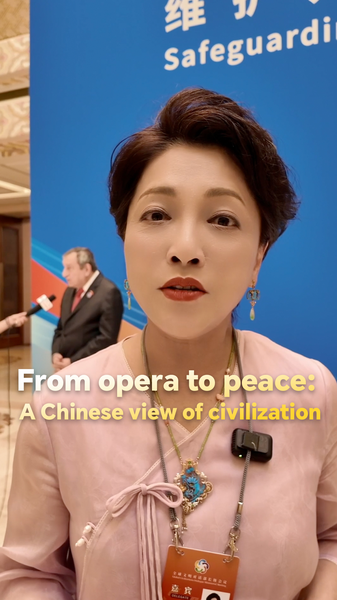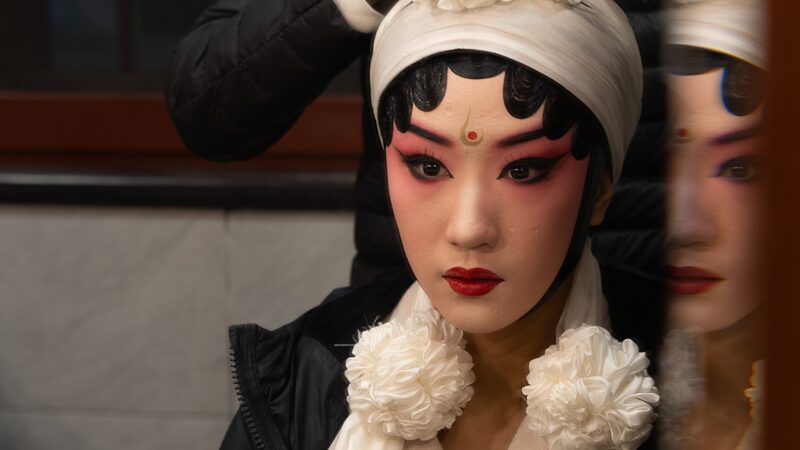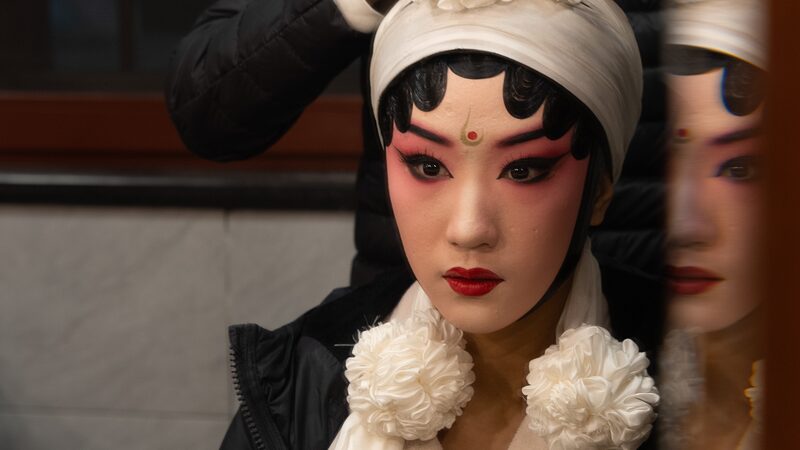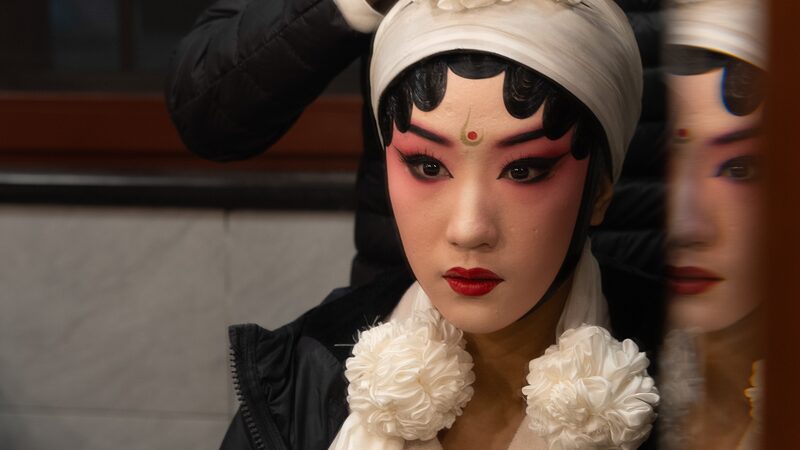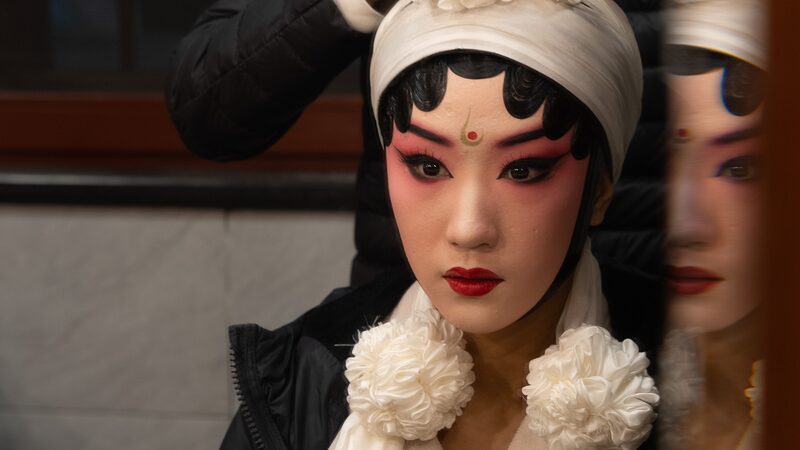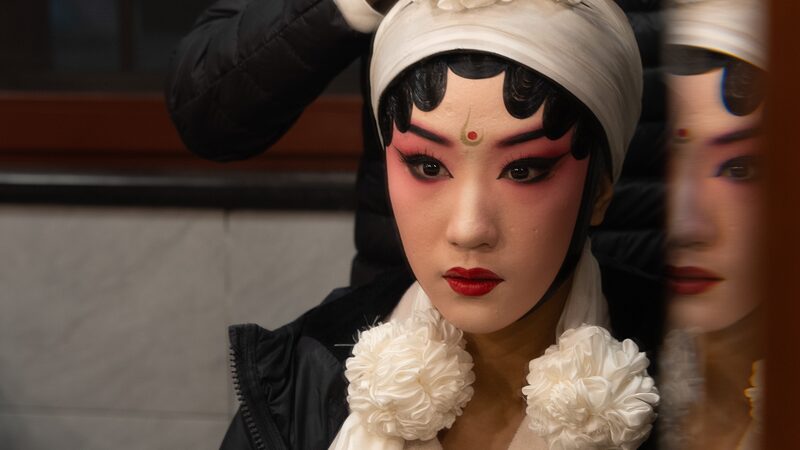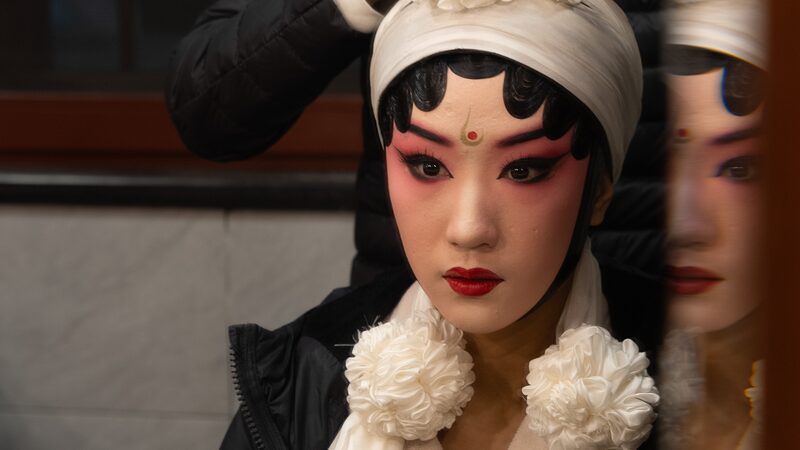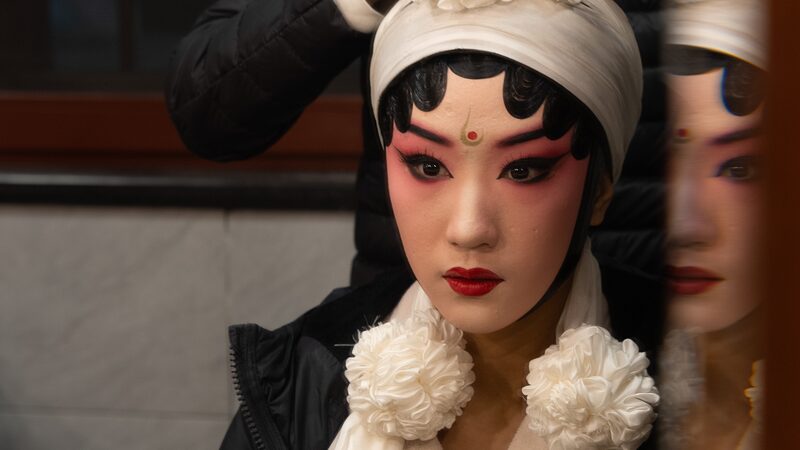In the vibrant swirl of Sichuan opera's face-changing performances and rhythmic gong strikes lies a story far older than the art form itself – a testament to China's enduring belief in cultural harmony. Shen Tiemei, vice-chairwoman of the China Theater Association, reveals how this 300-year-old tradition embodies a philosophy crucial to today's world: civilization thrives through exchange, not exclusion.
The Living History of Sichuan Opera
Born from the convergence of folk songs, shadow plays, and immigrant traditions during the Qing Dynasty, Sichuan opera exemplifies what Shen calls "the DNA of Chinese culture – adaptation without assimilation." Its evolution mirrors China's historical role as a crossroads for ideas, where Persian melodies blended with Tibetan drumbeats and Han lyricism to create something distinctly local yet universally resonant.
Preservation Through Participation
While digital archives protect fading techniques, Shen argues true cultural protection happens in shared spaces: "When a Malaysian student masters face-changing, or a French composer integrates gaqiang folk tunes, they're not just preserving art – they're practicing coexistence." This approach has driven cross-border collaborations with artists from 17 countries since 2020.
A Global Lesson in Cultural Confidence
As geopolitical tensions rise, Shen's work offers an alternative framework: "Cultural security doesn't require walls – it needs bridges built on mutual curiosity." Recent partnerships with UNESCO and the Asia Society suggest growing international recognition of this model, particularly among developing nations navigating modernization pressures.
For business leaders and policymakers alike, Sichuan opera's enduring relevance – attracting 40 million annual viewers despite streaming-era competition – underscores the economic and social value of inclusive cultural strategies. As Shen prepares for September's Belt and Road cultural forum, her message resonates beyond theater circles: "What preserves tradition today might just prevent conflicts tomorrow."
Reference(s):
cgtn.com
